And thus, what can we do, poor rose and poet too, who both antedate our mission in an unprepared season?
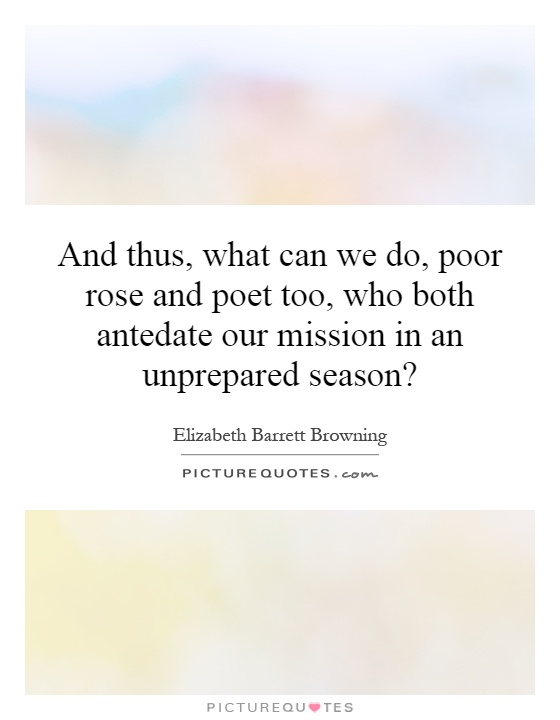
And thus, what can we do, poor rose and poet too, who both antedate our mission in an unprepared season?
In the poem "A Vision of Poets" by Elizabeth Barrett Browning, the line "And thus, what can we do, poor rose and poet too, who both antedate our mission in an unprepared season?" speaks to the struggle of the poet and the rose to fulfill their purpose in a world that may not be ready to receive them. This line reflects Browning's own feelings of being ahead of her time as a female poet in the Victorian era, where women were often marginalized and their voices silenced.Browning, like the rose, is a symbol of beauty and creativity, but she also feels the weight of societal expectations and limitations. As a poet, she is tasked with the mission of expressing her thoughts and emotions through her words, but she may find herself in a world that is not yet ready to appreciate or understand her work. This sense of being out of sync with the world around her can be isolating and frustrating, as she struggles to find her place and make her voice heard.
The image of the rose and the poet both antedating their mission suggests a sense of urgency and importance in their work. They are both driven by a sense of purpose and a desire to create something meaningful and lasting, but they may find themselves struggling against the constraints of their time and society. The rose, with its beauty and fragility, represents the poet's own vulnerability and sensitivity, while also symbolizing the potential for growth and transformation.
Despite the challenges they face, both the rose and the poet persevere in their mission, determined to make their mark on the world and leave a lasting legacy. Browning, as a pioneering female poet, was able to break through the barriers of her time and pave the way for future generations of women writers. Her work continues to inspire and resonate with readers today, a testament to her enduring legacy as a poet ahead of her time.


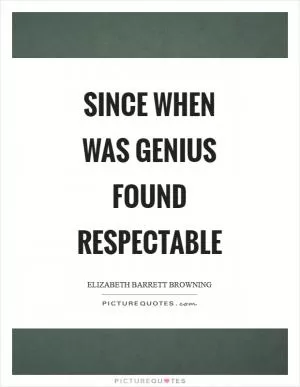
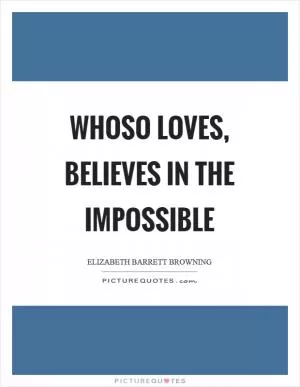
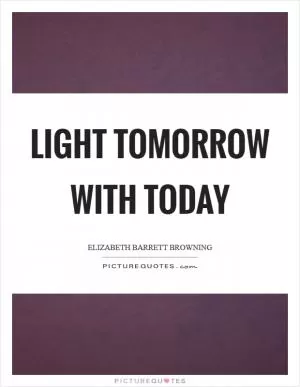
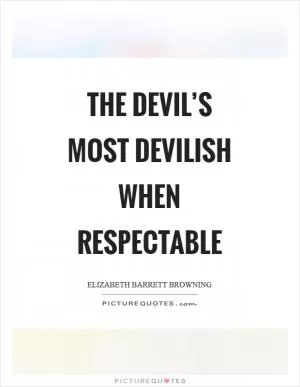
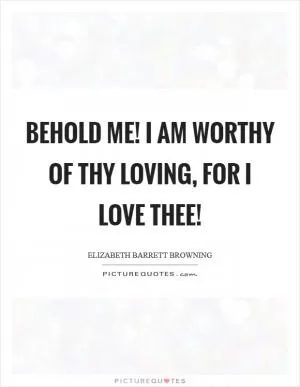

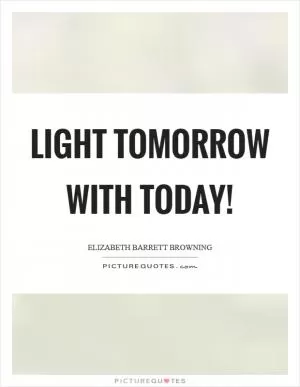
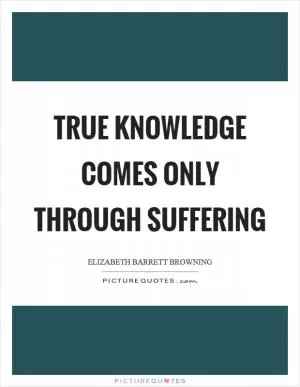
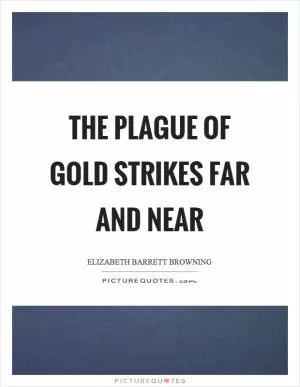
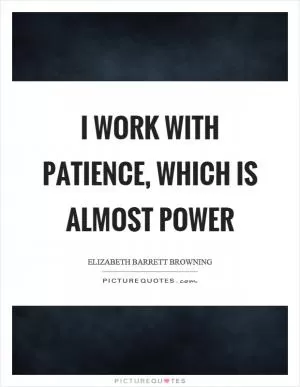
 Friendship Quotes
Friendship Quotes Love Quotes
Love Quotes Life Quotes
Life Quotes Funny Quotes
Funny Quotes Motivational Quotes
Motivational Quotes Inspirational Quotes
Inspirational Quotes